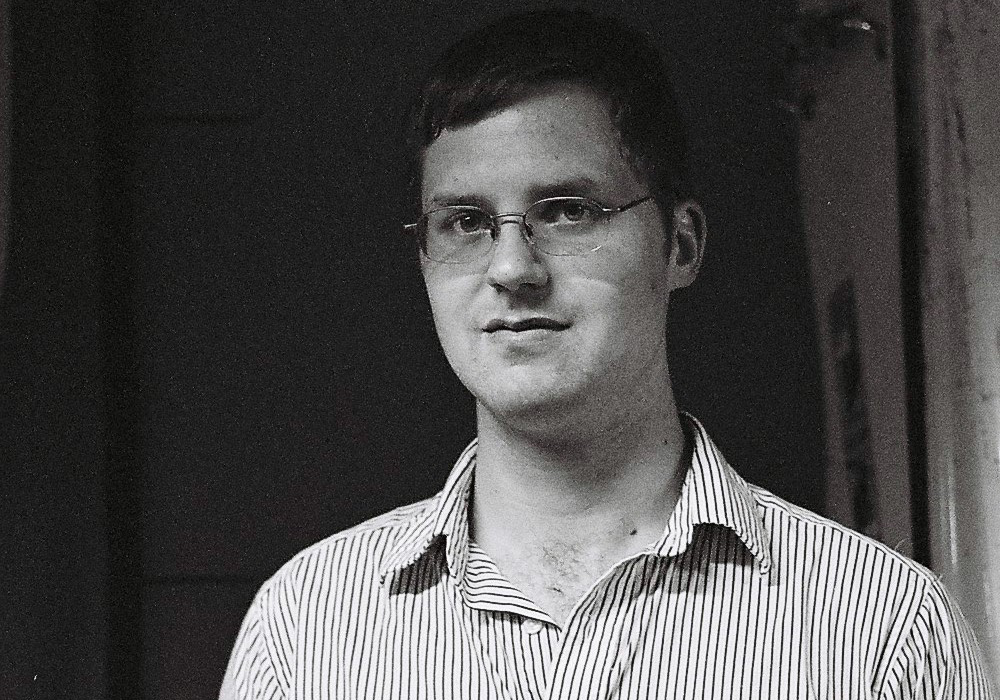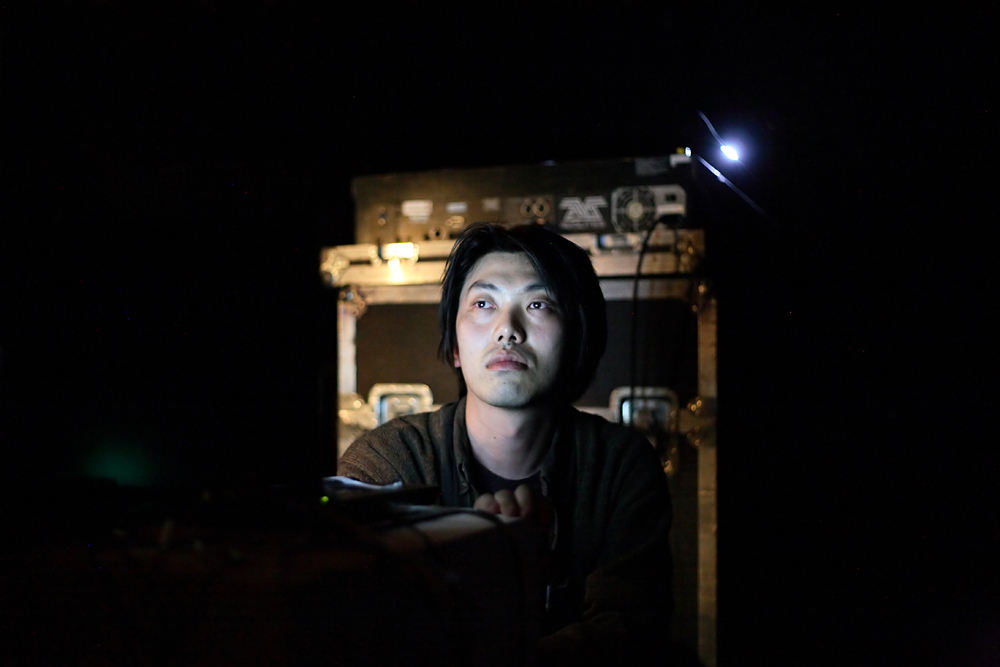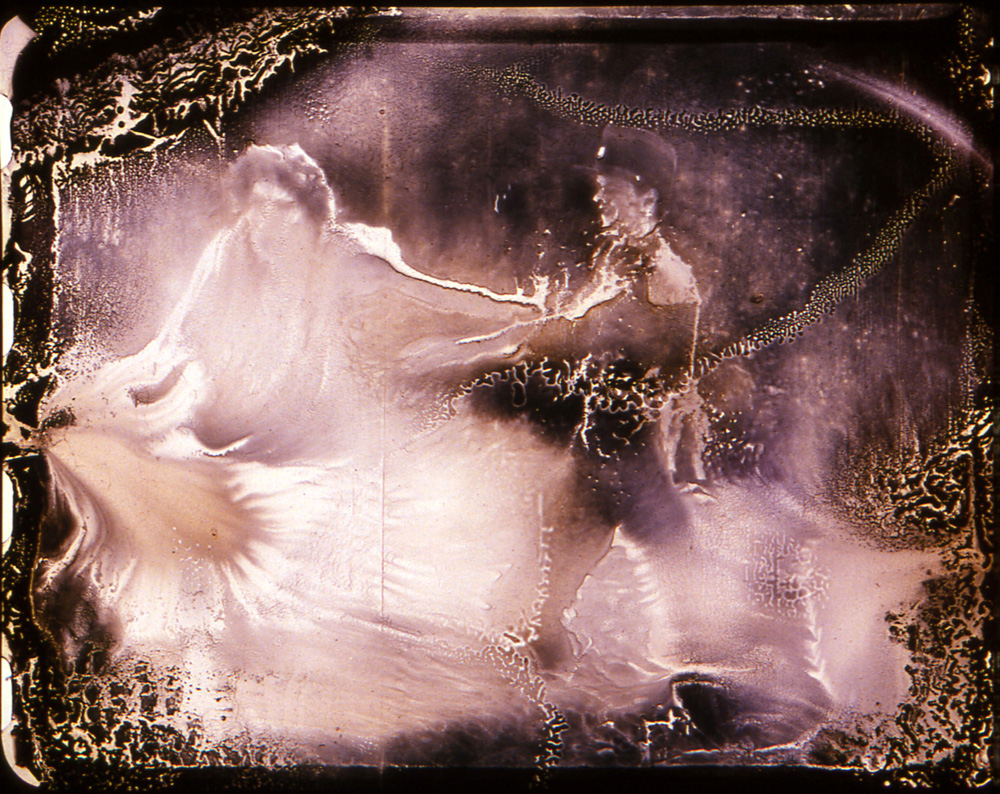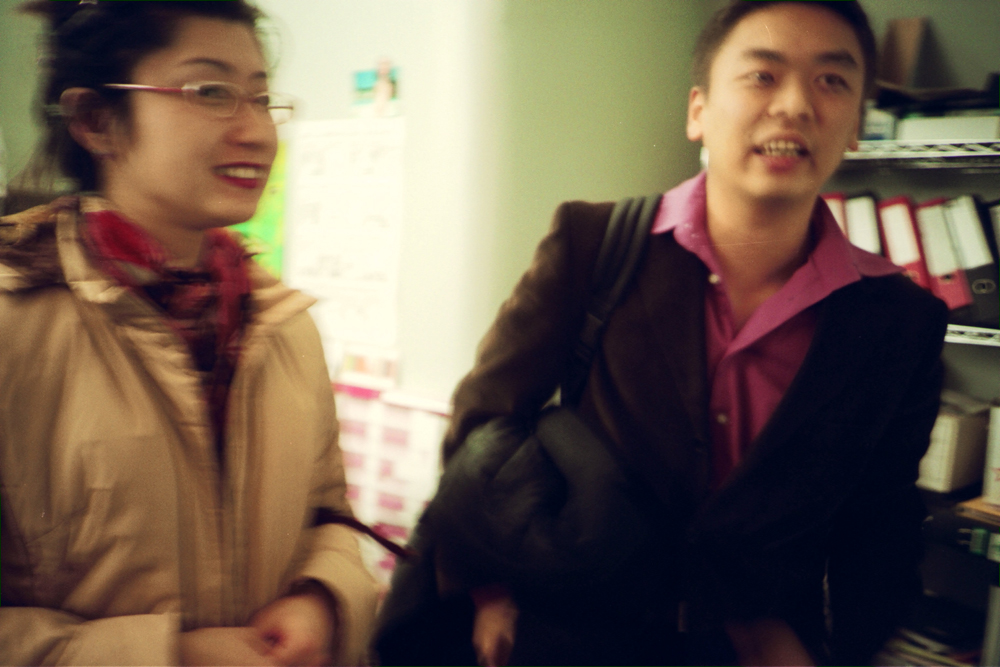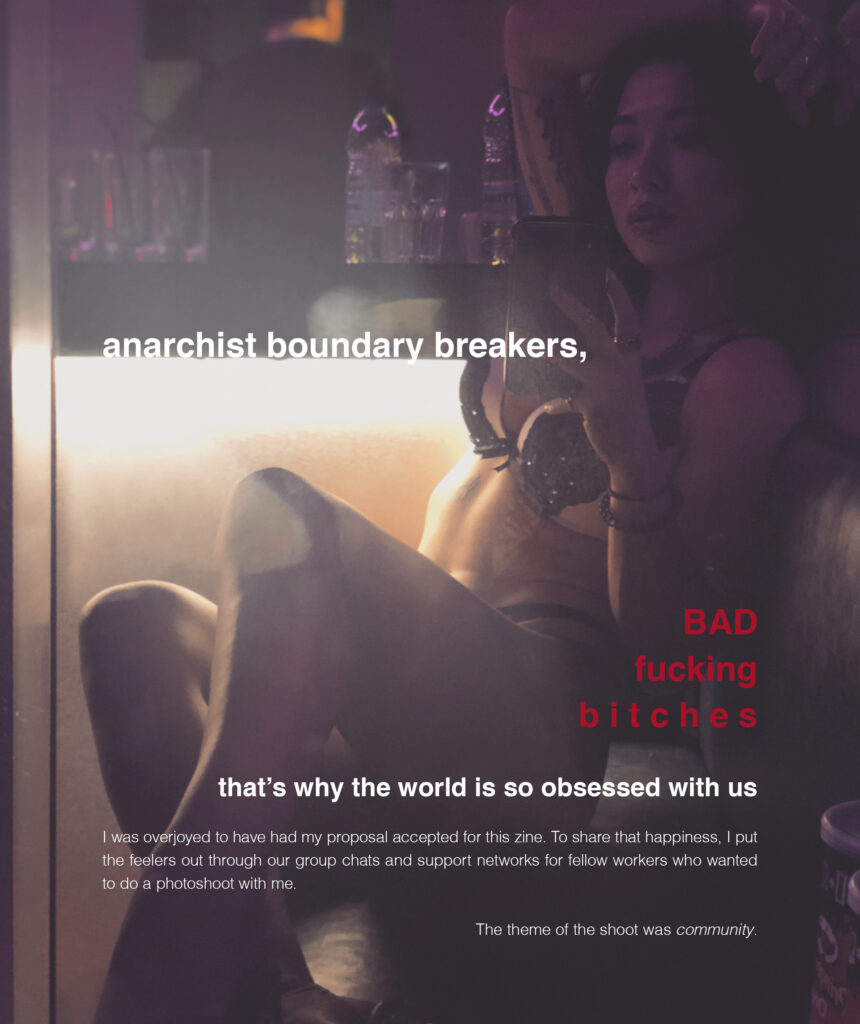
Truth and Lies – An Anthology of Writing and Art by Sex Workers
Lib Lobberson Marin Scarlett Payola E ZuZu Gabrielli Chardonnay Bella Violet Quinn Rab Green Chao-Ying Betty Rao Heather Ashleigh Williams (BABEWORLD) Jet Moon Estella Clarke
The Truth and Lies book project emerges as part of a rising tide of sex worker art and organised struggle to end criminalisation and stigmatisation of sex work.





